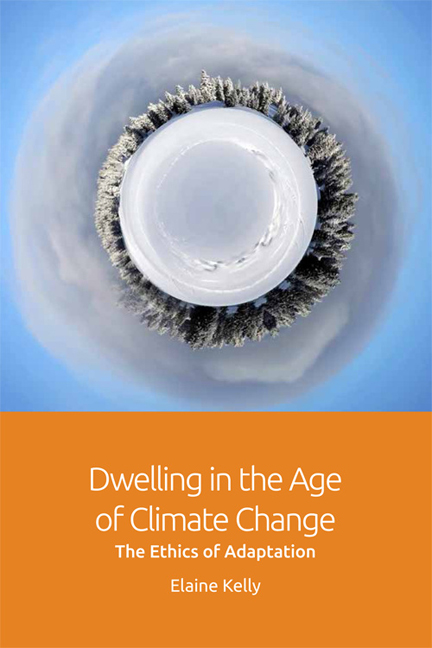5 - In and Out of Place: The Case of the Torres Strait Islands, Australia
Published online by Cambridge University Press: 29 April 2021
Summary
‘The future belongs to ghosts.’
Jacques Derrida‘But this is our birthplace. We born here, we live here, we die here. Only when high tide wash out this island, that's the only time to move from here.’
Saibai elderHAUNTED HOUSE
The future belongs to ghosts.
The future belongs to ghosts.
The future belongs to ghosts.
Derrida's spectral logic is confounding. Ghosts haunt the present. We are told this. Ghosts from the colonial past impose themselves into the ‘now’. They disrupt any sense of complacency that may be prevailing. Ghosts wreck the promise of calm. They hinder any efforts to expel the past from the present. But does this mean that the future is the possession of ghosts too? Wait, does this mean that the present is possessed by ghosts? Does Derrida's suggestion, that the future belongs to ghosts, suggest that all acts of possession are haunted? Does this haunting render ‘our’ possession unstable or insecure; foundationally interrupted? Is the haunting there to hold us to account for the past and looking forward, to the future?
Ghosts persist when the dead are not able to rest in peace. They are forceful when a death is unjust, premature, avoidable, undignified. A good death does not, colloquially speaking, remain in the form of a ghostly presence. Sadly, I fear that the ghosts of the future will multiply. There is no proper resting place permitted by the neo-colonial state for such transient figures. But can ghosts also persist as a reminder? Can ghosts be a trace of the force of responsibility for maintaining a sense of commitment or respect for the past, and for maintaining culture into the future? Can these unsettled, unsettling figures be a creative force urging transformation? An intergenerational justice, perhaps?
I have been arguing that adaptation is a political discourse. Indeed, adaptation is caught up in the pre-existing power relations, norms and beliefs that a society holds. The impacts of climate destruction in the Torres Strait Islands (TSI) return us to questions that have haunted human beings without rest: how should ‘we’ live? What is a ‘worthy’ life? And what sort of future do ‘we’ want to build?
- Type
- Chapter
- Information
- Dwelling in the Age of Climate ChangeThe Ethics of Adaptation, pp. 118 - 142Publisher: Edinburgh University PressPrint publication year: 2018



